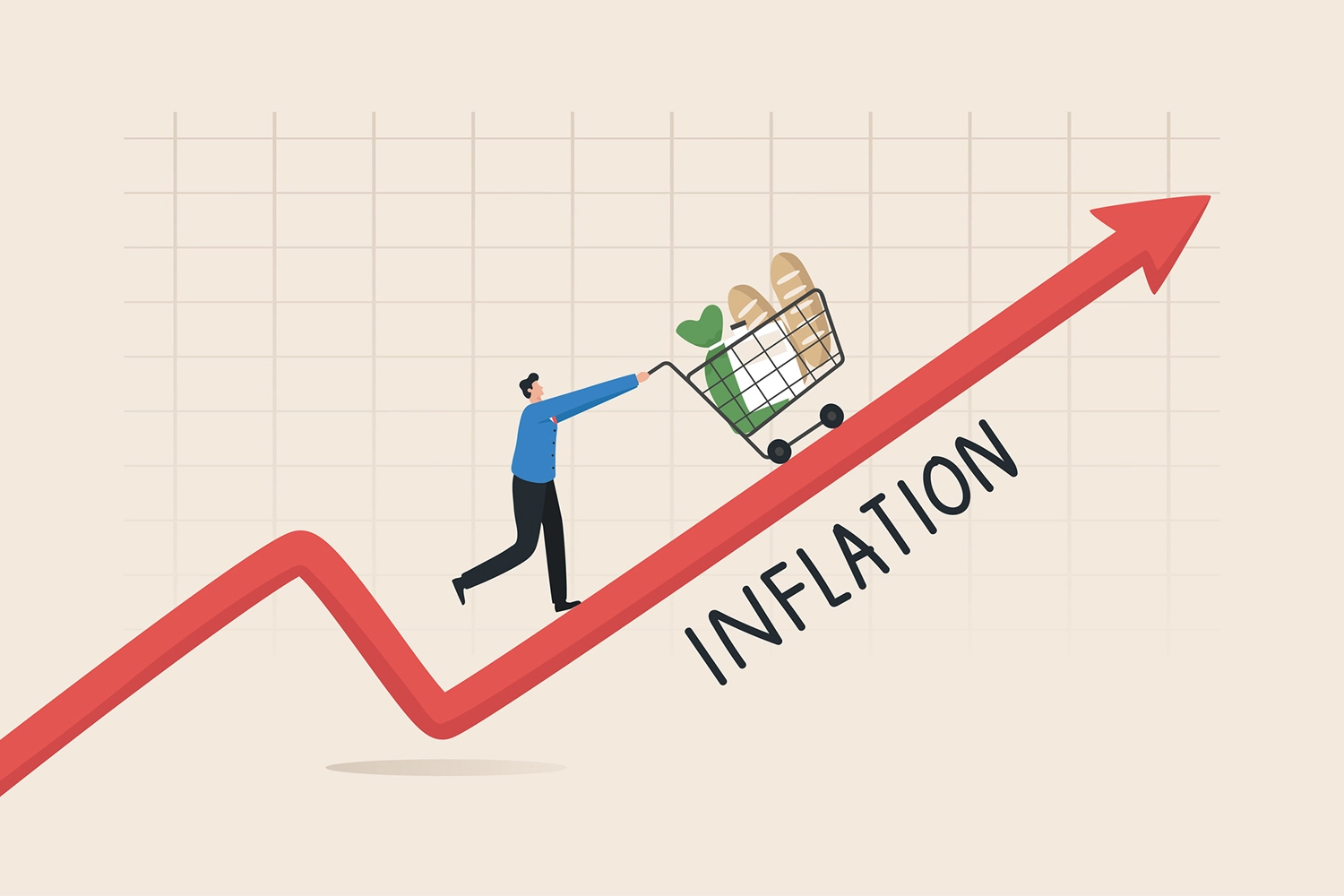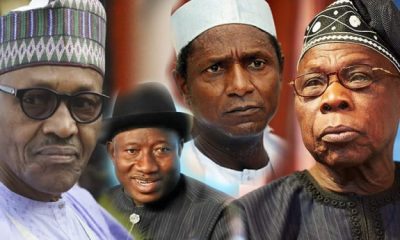Economy
IMF Urges Nigeria To Make Clear Policy Decisions To Tame Inflation

The IMF has urged Nigeria to use clear policy decisions to tame inflation.
Eko Hot Blog reports that the International Monetary Fund (IMF) has implored Nigeria and other countries to make clear policy decisions for price stability amid rising inflationary pressures.
EDITOR’S PICKS
-
Buckingham Palace Announces Date For King Charles III’s Coronation
-
WTO DG Okonjo-Iweala Meets Ex-German Chancellor Merkel (PHOTOS)
-
2023: Wike’s Camp Boycotts PDP Presidential Campaign Flag-off
While unveiling the October 2022 Global Financial Stability report, “Financial Stability in the New High-Inflation Environment” on Tuesday, the Bretton Wood institution said Nigeria’s inflation rate would slow to 19 percent this year and drop to 17 percent in 2023, reflecting on the monetary policy actions of the Central Bank of Nigeria (CBN).
According to the IMF, central banks need to act resolutely to control inflation to target and avoid a de-anchoring of inflation expectations, which would damage their credibility.
The financial body noted that the global economic outlook had deteriorated materially since the April 2022 Global Financial Stability Report (GFSR).
“A number of downside risks have crystallised, including higher-than-anticipated inflationary pressures, a worse-than-expected slowdown in China on the back of COVID-19 outbreaks and lockdowns, and additional spillovers from Russia’s invasion of Ukraine. As a result, the slowdown of the global economy has intensified,” the IMF’s stability report said.
“Clear communication about policy decisions, commitment to price stability, and the need for further tightening will be crucial to preserve credibility and avoid market volatility.
“Exchange rate flexibility helps countries adjust to the differential pace of monetary policy tightening across countries. In cases where exchange rate movements impede the central bank’s monetary transmission mechanism and/or generate broader financial stability risks, foreign exchange intervention can be deployed.
“Such interventions should be part of an integrated approach to addressing vulnerabilities as laid out in the IMF’s Integrated Policy Framework.
“Emerging and frontier markets should reduce debt risk through early engagement with creditors, multilateral cooperation, and international support. For those in distress, bilateral and private sector creditors should coordinate on preemptive restructuring to avoid costly defaults and prolonged loss of market access. Where applicable, the group of Twenty Common Framework should be used.”
Addressing a press conference, Pierre-Olivier Gourinchas, economic counsellor and the director of research of the IMF, stated that the rapid rise in prices, especially for food, is causing big issues for global economies, including Nigeria.
Gourinchas, therefore, advised central banks to deploy non-conventional instruments to chart a course for monetary policy.
“Well, our advice, in general, is that central banks should first off with traditional instruments of monetary policy and as you want to think about non-conventional instruments then you should think about what friction that is preventing the conventional monetary policy from working would require a country or a central bank to deploy alternative ways of, of charting a course for monetary policy,” he said.
Meanwhile, Nigeria’s consumer price index (CPI), which measures the rate of change in prices of goods and services, rose to 20.52 percent in August 2022 — the highest since October 2005.
FURTHER READING
-
Asari Dokubo Threatens To ‘Pursue’ Peter Obi, Says He’s A Drug Baron
-
Gov. Wike Appoints 14,000 Political Advisers, 319 Liaison Officers
-
Kylian Mbappe Seeks EXIT From PSG – Reports
Godwin Emefiele, governor of Nigeria’s central bank, recently said the monetary policy committee (MPC) would continue “to aggressively hike rates to fight the upward reign of inflation”.
Click to watch our video of the week:
Advertise or Publish a Story on EkoHot Blog:
Kindly contact us at [email protected]. Breaking stories should be sent to the above email and substantiated with pictorial evidence.
Citizen journalists will receive a token as data incentive.
Call or Whatsapp: 0803 561 7233, 0703 414 5611
















